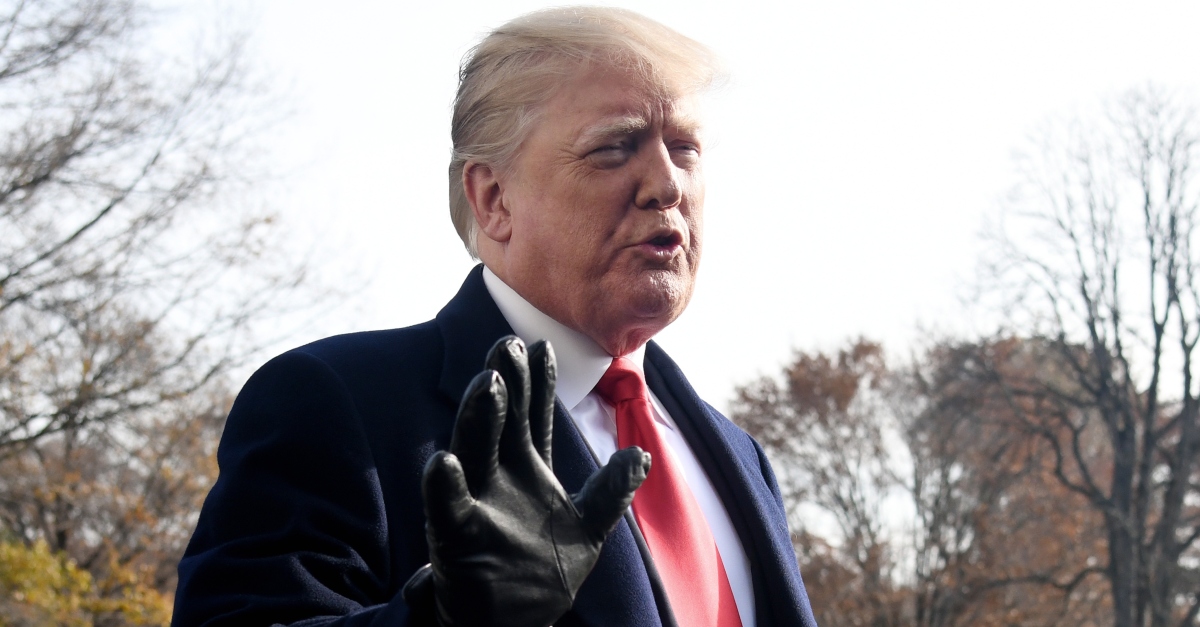
The federal indictment filed against Roger Stone details how the political operative allegedly coordinated with intermediaries to communicate with WikiLeaks regarding hacked Hillary Clinton campaign emails. It also claims that Stone was in touch with the Trump campaign about this as well. This may be bad for President Donald Trump politically, as it links his campaign to the hacked emails — emails allegedly hacked by Russian military intelligence. From a legal perspective, however, the details of this indictment reveal a glaring hole in the Russian collusion theory.
The indictment says that Stone communicated with “senior Trump Campaign officials” regarding WikiLeaks and “information it might have had that would be damaging to the Clinton Campaign” including future releases of emails that would be damaging to Clinton.
This raises the question: If the Trump campaign was supposedly involved in hacking the Clinton campaign emails, why did they need Roger Stone to feed them information about them?
The collusion theory would have you believe that the Trump campaign was at the top of an operation where they worked with Russia in acquiring the emails, which were then given to WikiLeaks, who published them online. The Stone indictment seems to show the opposite, where Russia hacked the emails, gave them to WikiLeaks, who then communicated with Stone through intermediaries, with the Trump Campaign being the last to have information about it.
Now, the idea that a senior campaign official was “directed” to talk to Stone about WikiLeaks does raise the important question of who was doing the directing. Could it be Trump himself? Possibly. But it could also be Paul Manafort, who was campaign chair at the time, or another senior official. Manafort’s connection to Stone, of course, goes back decades.
If I was an anti-Trumper who wanted nothing more than to see this administration fall, I might be tempted to celebrate Friday’s news because it’s yet another piece in a puzzle that now involves lies regarding hacked emails and Trump real estate negotiations with the Russian government. As a former prosecutor, however, I’m just not satisfied. Yes, the business dealings show a possible ability and motive to work with Russia. Yes, false statements from Michael Cohen and several Trump campaign officials show that people connected to Trump were covering things up. But we still don’t know what they were supposedly trying to hide.
If special counsel Robert Mueller ends up having evidence of a particular collusion-related crime, such as actual involvement with the hacking of the Clinton campaign emails and not just knowledge of the release of the emails, then everything mentioned above could be use to support potential charges. Otherwise, it’s just a case without a crime.
Ronn Blitzer is the Senior Legal Editor of Law&Crime and a former New York City prosecutor. Follow him on Twitter @RonnBlitzer.
[Image via Olivier Douliery-Pool/Getty Images]
This is an opinion piece. The views expressed in this article are those of just the author.